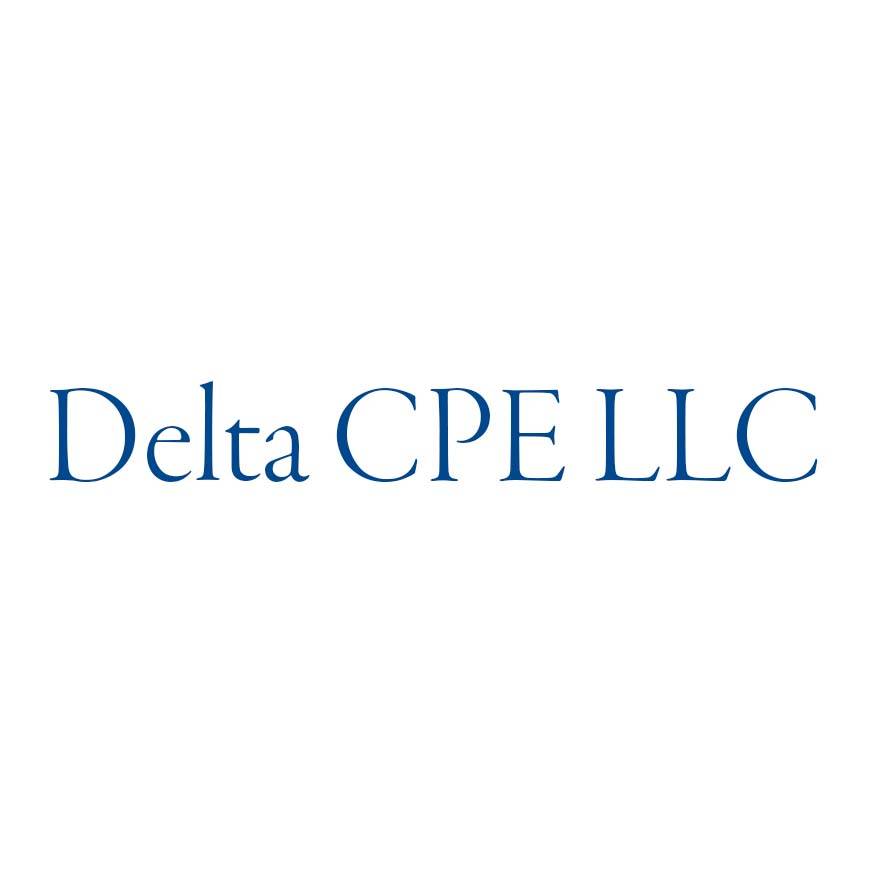Self-Study
Strategic Management: Concepts & Tools
Develop and execute business strategies through planning and analysis of market competition.

$336.00 – $376.00Price range: $336.00 through $376.00
Webcasts are available for viewing Monday – Friday, 8am – 8pm ET,
and Saturday & Sunday, 10am – 6pm ET.
Without FlexCast, you must start with enough time to finish. (1 Hr/Credit)
Please fill out the form below and we will reach out as soon as possible.
CPE Credits
12 Credits: Business Management & Organization
Course Level
Basic
Format
Self-Study
Course Description
Strategic Management: Concepts & Tools is a vital tool for professionals aiming to excel in the development and execution of effective business strategies. It offers a deep dive into the phases of strategic management, including planning, formulation, and evaluation. The business management and organization CPE course emphasizes the need for adaptability to changes in both internal and external business environments. By exploring generic business strategies and analytical techniques, participants will develop a thorough understanding of strategic management concepts. This course benefits professionals by enhancing their strategic thinking, decision-making abilities, and understanding of corporate social responsibility, industry life cycles, and competitive analysis. It is an indispensable resource for those aiming to guide their organizations towards sustained success in a competitive market.
Need Flexibility?
Purchase now, choose later. Your credits are ready whenever you find the perfect courses for you.
Learning Objectives
Upon successful completion of this course, participants will be able to:
Chapter 1
- Define strategic management;
- Discuss the three phases of the strategic management process;
- Outline the strategic planning process;
- Define guiding philosophy, purpose, mission, objectives, and strategies;
- Explain the reason for organizational policies;
- Differentiate between long- and short-range objectives;
- Discuss corporate, business, and functional strategies;
- Compare and contrast social responsibility (CSR) and business ethics;
- Explain what a strategic business unit (SBU) is;
Chapter 2
- Explain environmental analysis;
- Describe the relationship among environmental analysis, competitive analysis, and internal appraisal;
- Discuss some of the characteristics of an organization’s environment;
- Explain the three major steps involved in environmental analysis;
- Describe the six major environmental forces that can influence an organization;
- Explain both qualitative and quantitative forecasting techniques;
- Define scenario planning;
Chapter 3
- Present the five forces of competition model;
- Identify opportunities and threats;
- Identify strengths and weaknesses;
- Describe how to assess the competitive positions of rival companies;
- Describe the process of industry and competitive analysis;
- Present the concept of the industry life cycle and discuss issues involved in the analysis of industry structure;
- Summarize the major issues in determining key success factors (KSF) in an industry;
- Discuss product life cycle;
Chapter 4
- Describe the internal appraisal process;
- Identify nine areas that organizations should analyze in performing an internal appraisal;
- Discuss resources and capabilities (or competencies) as the fundamental building blocks of a firm’s strategy;
- Outline the VRINE framework for competitive advantage;
- Distinguish between long- and short range organizational objectives;
- List several potential areas for establishing long range objectives;
- Describe the basic steps in a SWOT analysis;
- Outline value chain, cost driver, and core competencies analyses;
Chapter 5
- Distinguish among corporate, business, and functional strategies;
- Explain the characteristics of a stable growth strategy;
- Describe three general approaches to pursuing a concentration strategy;
- Define vertical integration;
- Discuss the difference between concentric and conglomerate diversification;
- Distinguish among mergers, and acquisitions (M&As) and joint ventures;
- Explain a takeover and tender offer;
- Describe a harvesting strategy;
- Discuss the defensive strategies of turnaround, divestment, liquidation, filing for bankruptcy, and becoming a captive;
- Distinguish among generic competitive strategies: overall cost leadership, differentiation, and focus strategies;
Chapter 6
- Apply the Balanced Scorecard to your company;
- Describe the BCG’s growth-share matrix;
- Define cash cows, dogs, question marks, and stars as they are used in the growth-share matrix;
- Outline the GE’s model;
- Discuss the life cycle approach to strategy evaluation and selection;
- Describe the profit impact of market strategy (PIMS) approach to strategy evaluation and selection;
Chapter 7
- Design organizational structures that help implement a chosen strategy;
- Discuss how to build the strategy implementation framework;
- Achieve various types of synergy;
- Distinguish among four types of operations strategy;
- Explain the concept of Management by Objective (MBO);
- Discuss Total Quality Management (TQM);
- Manage change;
Chapter 8
- Outline the control process step by step;
- Describe the pros and cons of various corporate performance measures;
- Define benchmarking;
- Differentiate conventional planning and discovery-driven performance;
- List financial and nonfinancial measures of performance;
Chapter 9
- Discuss reasons for the rising internationalization of business;
- Discuss the characteristics of global industries;
- Define multidomestic and global industries;
- Determine strategies in global markets;
- Outline the role of national factors in global strategy;
- Identify generic strategies companies may pursue in global industries; and
- Apply the CAGE framework to finding the foreign location.
Course Specifics
SS6121111
November 14, 2022
There are no prerequisites.
None
237
Compliance Information
CFP Notice: Not all courses that qualify for CFP® credit are registered by Western CPE. If a course does not have a CFP registration number in the compliance section, the continuing education will need to be individually reported with the CFP Board. For more information on the reporting process, required documentation, processing fee, etc., contact the CFP Board. CFP Professionals must take each course in it’s entirety, the CFP Board DOES NOT accept partial credits for courses.
Meet The Experts

For many years, Delta CPE LLC has offered a wide variety of continuing education courses for financial professionals. Topics covered by Delta’s courses include accounting, financial management, budgeting, investments, financial statement reporting, business management, IFRS, ethics, valuations, real estate, and business writing. The diversity and breadth of Delta’s course offerings make the company a prolific and unique contributor to the CPE world. Delta’s well-credentialed authors and contributors have also been published in numerous academic and professional journals and quoted by some of the leading financial media outlets.
Related Courses
-
 Business Management & Organization
Business Management & Organization
Developing and Managing Teams
Steven M. Bragg, CPA QAS Self-Study
Credits: 4 $116.00
QAS Self-Study
Credits: 4 $116.00 -
 Business Management & Organization
Business Management & Organization
Effective Negotiation
Steven M. Bragg, CPA QAS Self-Study
Credits: 5 $145.00
QAS Self-Study
Credits: 5 $145.00 -
 Business Management & Organization
Business Management & Organization
Understanding and Managing Organizational Behavior
Delta CPE LLC QAS Self-Study
Credits: 14 $364.00
QAS Self-Study
Credits: 14 $364.00
